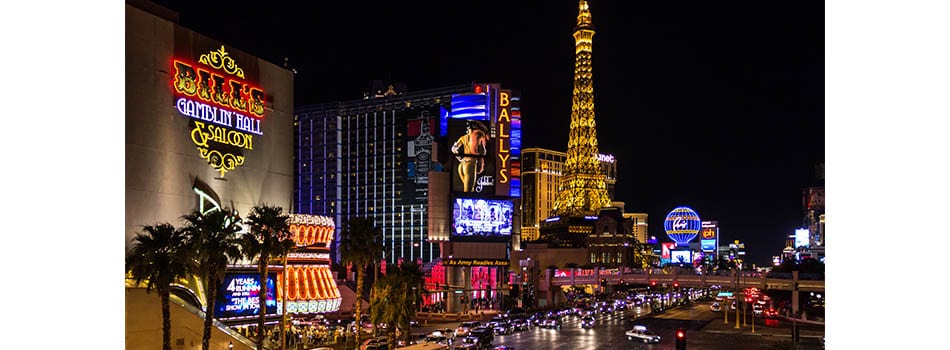The NCAA has ended a long-standing policy prohibiting championship events being held in states which allow legal sports betting, according to multiple outlets. The decision was announced Friday by the Indianapolis-based organization.
Lifting this prohibition means that states like Nevada can now host tournament games, where they were previously avoided due to the states legal sports betting marketplace. It was an expected move in the wake of the Supreme Court striking down a federal ban on legal sports books, allowing states besides Nevada to enter the marketplace with betting options within their borders. In March, Mississippi State hosted NCAA women’s basketball tournament games, a first for a state with legal sports betting since the Supreme Court’s decision in May 2018.
While announcing the removal of the prohibition, the NCAA Board of Governors renewed its call for federal regulation of sports betting and an exemption on legal betting regarding intercollegiate sports events.
Prior to the May 14 2018 ruling in Murphy v. National Collegiate Athletic Association, only Nevada, Delaware, Oregon and Montana had exemptions to the 1992 Professional and Amateur Sports Protection Act (PASPA), which ruled that states may not “sponsor, operate, advertise, promote, license, or authorize by law or compact” sports gambling, with exceptions granted to four states with existing laws allowing it. New Jersey, which considered applying for an exemption prior to the law being passed, led the charge to strike it down, passing a constitutional amendment in 2011 to permit sports gambling, then the 2012 Sports Wagering Act allowing betting on sports at casinos and race tracks in the state, which led to the NBA, NFL, NHL, MLB and NCAA suing the state to keep sports betting from going live.
Eventually, the case wound its way to the U.S. Supreme Court, which agreed with New Jersey’s contention that PASPA violated the Constitution’s 10th Amendment, “because it illegally empowered the federal government to order certain states to take specific actions to disallow sports gambling,” according to analysis by Forbes in the wake of the decision.
The court decision did not immediately make sports betting legal in any state – it simply ruled that the federal government could not prohibit states from legalizing the practice and regulate it themselves. As of now, Nevada, New Mexico, Mississippi, West Virginia, Pennsylvania, New Jersey, Delaware, and Rhode Island have legalized sports betting, with Arkansas and New York passing bills to regulate the practice that have not yet gone into effect. All but seven of the remaining 40 states have seen at least one bill aimed at legalizing and regulating sports betting introduced in the time since the Supreme Court decision in Murphy.
Photo: Dietmar Rabich via Wikimedia Commons



